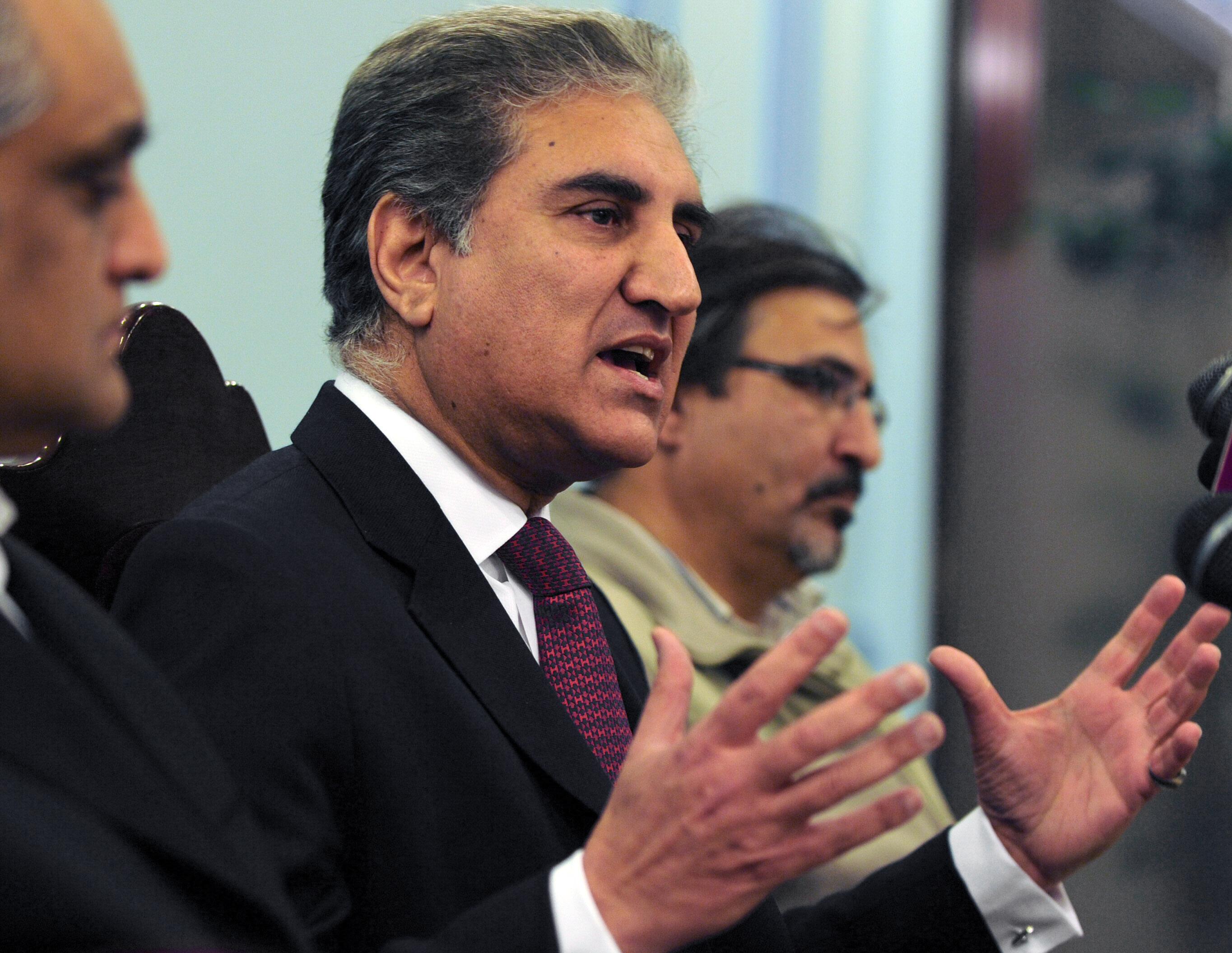
Let’s break it down and see how. The biggest and the core issue were the record low foreign reserves of around $10 billion held by the SBP and external debt of almost $92 billion. All financial matters act as the foundation of other problems of energy and power, poverty gap, corruption and injustice, and a deepening debt trap.
Hence, the not-so-easy options had to be explored that lead to a longer route but would equip to take calculated small jumps over the quicksand.
Prime Minister Imran Khan took foreign policy as a catalyst for these option cards. One after the other, he has won on the international front, gaining economic-political benefits for Pakistan. The approach has been different from the onset: front foot instead of defensive. It mapped the monstrous challenging financial and monetary situation on possible solutions. This followed developing an agenda-driven, win-all strategy: some local home-based measures such as the Tax Amnesty Scheme and other global foreign policy-based steps. Next, and most importantly, the government made a choice — choosing its first line of ‘circle’ in today’s intertwined complex world with vested interests, which is backed by the New Global Economy.
Pakistan has made that choice well. Scan the last ten months and list down countries Pakistan has been interacting with on the global front. China, Saudi Arabia, the UAE, Qatar, Turkey, Malaysia, Iran and now also Russia.
Where it played a key role in securing initial financial support to kickstart the economy, it positioned Pakistan better on the negotiation table with IMF. On another front, series of investment forums held in friendly countries has paved the way for bilateral business opportunities and trade agreements including the Free Trade Agreement with China. If utilised effectively, this will have a trickled-down socio-economic effect on to a more micro level.
Here’s an example: the forward-looking Belt and Road Initiative being driven by China has CPEC at its heart. For Pakistan, reliance on the economic corridor has positioned it as an important regional player, further increasing the significance of its strategic location. On a deeper level, besides bringing the largest-ever amount in FDI, it has a ripple effect, impacting other industries as well. Similarly, initiatives of mutual benefit proposed by Prime Minister Imran Khan at the Second Belt & Road Forum including BRI Tourism Corridor, Anti-Corruption Cooperation Office and further liberalisation of trade and investment flows, all point towards expanding base of cooperation and strengthening foreign relations.
One such avenue is establishing a CPEC forum to educate youth, disseminate knowledge about business prospects and create synergies between entities within Pakistan and China.
The economic situation of any country is deeply linked to its foreign relations. Pakistan’s geo-political strategic location gives it an edge. As the government records its successive foreign policy wins, the people must put aside differences and stand by it.
The government made a tough choice to take a more challenging, unconventional route aligning its foreign and economic policies. Are the people ready to make a tough choice: do you want temporary comfort or a permanent change? I trust us to make a wise choice and win for Pakistan.
Published in The Express Tribune, July 10th, 2019.
Like Opinion & Editorial on Facebook, follow @ETOpEd on Twitter to receive all updates on all our daily pieces.

1724238420-0/Untitled-design-(3)1724238420-0-165x106.webp)

1731678234-0/pete-(1)1731678234-0-165x106.webp)








COMMENTS (1)
Comments are moderated and generally will be posted if they are on-topic and not abusive.
For more information, please see our Comments FAQ